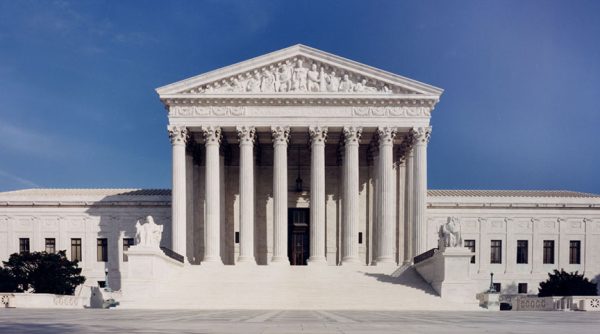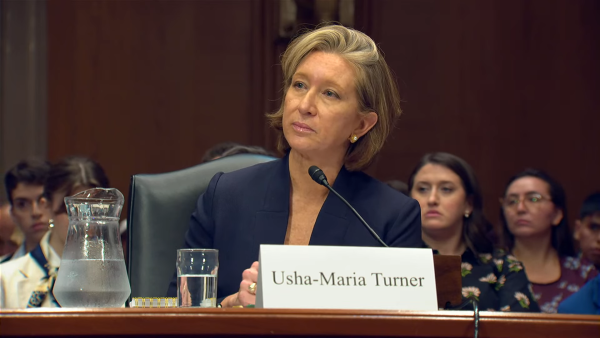Senate Republicans Vote to Oppose Earmarks
WASHINGTON — Roads, bridges and tunnels are a crucial element of President Joe Biden’s $2.2 trillion infrastructure plan. They are also fundamental in the controversial debate over earmarks.
U.S. Senate Republicans have decided that the decade-long ban on earmarks should remain in place. An earmark is an old legislative practice that allows lawmakers to fund pet projects in their districts with federal money. Many on Capitol Hill want to bring the old practice back.
“The problem I have on getting rid of earmarks is, what we don’t do in terms of our elected duties, it automatically goes back to the administration,” Oklahoma Senator Jim Inhofe said. “Now we have an administration that I don’t agree with quite often, so I would hate to put ourselves in the position where we can’t do things in our state of Oklahoma.”
While Inhofe supported the measure, fellow Oklahoma Senator James Lankford remained opposed to the idea.
“I’m not hopeful that they will come back in the Senate, nor should they come back in the Senate,” Lankford said. “Earmarks is one of the practices from Congress that seems like such a good idea, to say Congress has the responsibility to wisely spend American taxpayer dollars. The problem is, earmarks was one of the worst of the worst ways that Congress was actually spending American taxpayer dollars.”
Oklahoma Representative Kevin Hern also opposed the return.
“It’s a way to buy off another politician on getting something voted for, a bill passed, and the American people are looking for us to control spending, not spend more — to be fiscally responsible, not fiscally irresponsible,” Hern said.
The Oklahoma City bombing memorial, the control tower at Vance Air Force Base and several other local projects in Oklahoma were funded primarily by earmarks.
“People don’t understand what earmarks are,” Inhofe said. “If you define an earmark as an appropriation that has not been authorized, then I think that’s what we should do, and just be opposed to all earmarks.”
New rules have been put in place to limit overspending. Members of Congress are limited to 10 earmark request per fiscal year, neither they nor their immediate family can have any interest in the project and they must have support from their local communities.
Gaylord News reporter Joseph Tomlinson contributed to this report.
Gaylord News is a reporting project of the University of Oklahoma Gaylord College of Journalism and Mass Communication.

[email protected]
https://twitter.com/libbey_dean
https://www.linkedin.com/in/libbey-dean-1b55a31a6/





